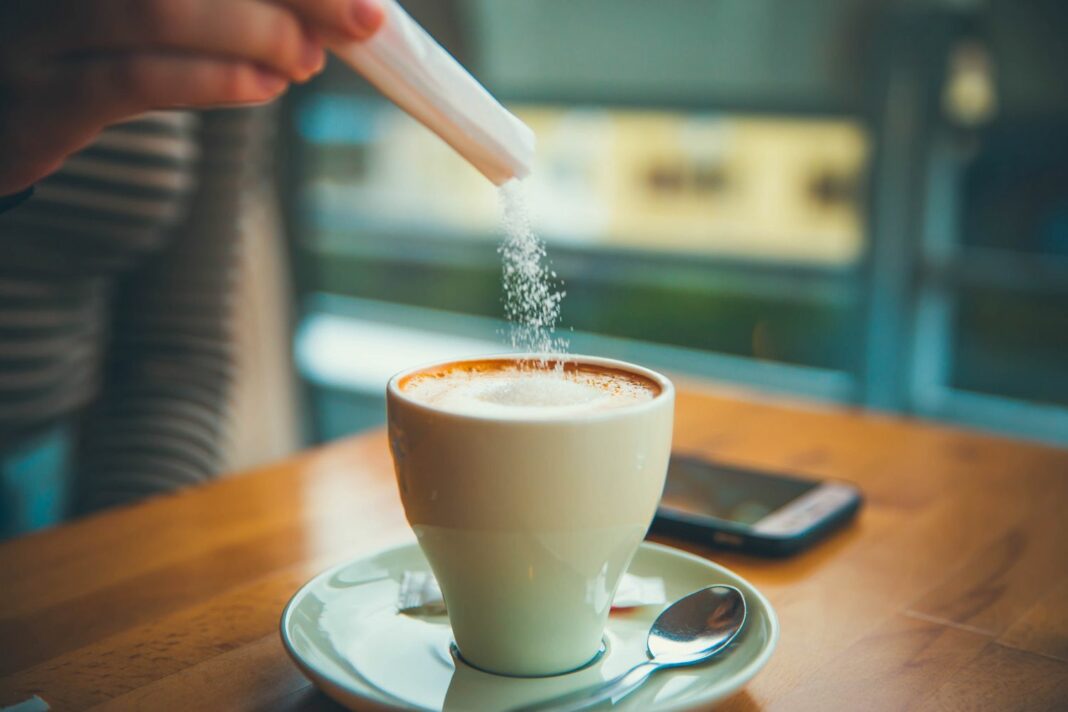Saccharin Sugar Substitute: What to Know
Saccharin is a popular artificial sweetener that has been used for over a century as a sugar substitute in various food and beverage products. It is one of the oldest sugar substitutes and is known for its incredibly sweet taste – up to 700 times sweeter than sugar.
What is Saccharin?
Saccharin is a synthetic compound that is derived from benzoic sulfimide. It was first discovered in 1879 by Constantin Fahlberg, a chemist at Johns Hopkins University. Saccharin is commonly used as a sugar substitute due to its sweet taste and low calorie content. It is often used in diet sodas, sugar-free candies, and other low-calorie or diabetic-friendly products.
Is Saccharin Safe to Consume?
Despite its long history of use, saccharin has been the subject of controversy regarding its safety. In the 1970s, saccharin was linked to bladder cancer in laboratory rats, leading to warning labels being placed on products containing saccharin. However, further research has shown that the mechanism by which saccharin caused cancer in rats is not relevant to humans.
The U.S. Food and Drug Administration (FDA) has since removed saccharin from its list of potential carcinogens and considers it safe for consumption. The World Health Organization (WHO) and the European Food Safety Authority (EFSA) also consider saccharin to be safe when consumed within acceptable daily intake levels.
Benefits of Using Saccharin
There are several benefits to using saccharin as a sugar substitute:
- Low in calories: Saccharin is calorie-free, making it a popular choice for individuals looking to reduce their calorie intake.
- Diabetic-friendly: Saccharin does not affect blood sugar levels, making it a suitable option for individuals with diabetes.
- Highly sweet: Saccharin is much sweeter than sugar, so only a small amount is needed to achieve the desired level of sweetness.
- Stable in heat: Saccharin is heat-stable, making it suitable for baking and cooking.
Concerns About Saccharin
Despite its benefits, there are some concerns associated with saccharin consumption:
- Aftertaste: Some individuals may notice a bitter aftertaste when consuming products sweetened with saccharin.
- Health concerns: While research has shown saccharin to be safe for consumption, some individuals may have sensitivities or allergies to artificial sweeteners.
Conclusion
In conclusion, saccharin is a widely used artificial sweetener that offers several benefits as a sugar substitute. While there have been concerns about its safety in the past, current research supports the view that saccharin is safe for consumption within recommended levels. As with any food or ingredient, it is important to consume saccharin in moderation as part of a balanced diet.
Frequently Asked Questions
Is saccharin safe for children?
Saccharin is considered safe for consumption by children, but it is always best to consult with a healthcare provider before introducing any new ingredient into a child’s diet.
Can saccharin be used in baking?
Yes, saccharin is heat-stable and can be used in baking and cooking as a sugar substitute.
Are there any health risks associated with saccharin consumption?
Current research suggests that saccharin is safe for consumption within recommended levels. However, some individuals may have sensitivities or allergies to artificial sweeteners, so it is always best to consult with a healthcare provider if you have concerns.




